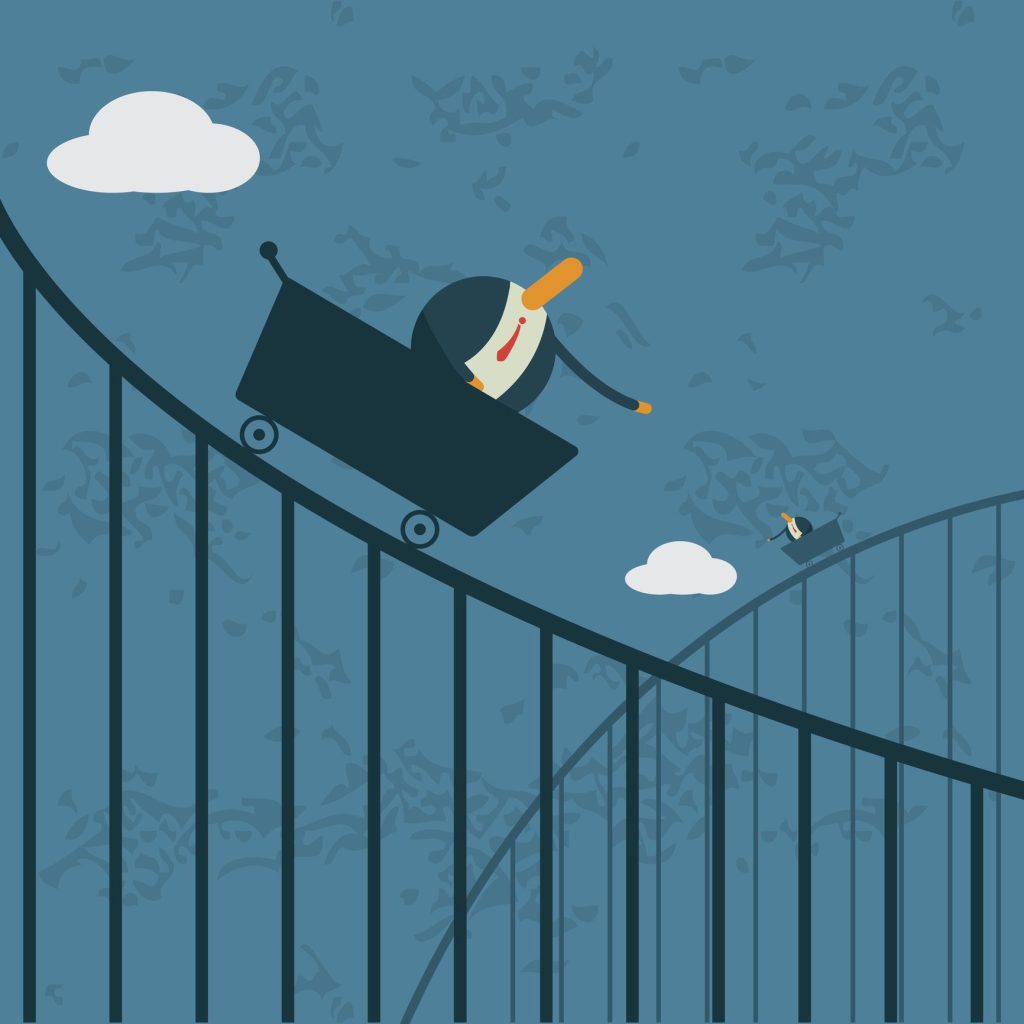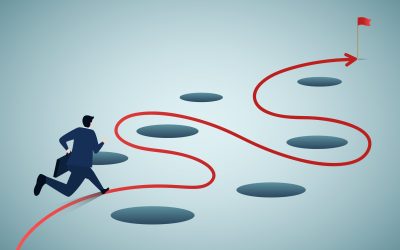
What Is A Rolling Recession?
You may have noticed that the economy after the pandemic has been very up and down. And while there has been talk of a possible recession for a few years now, we have yet to completely enter a recession. A recession is traditionally defined as a consistent, widespread downturn in the economy. [1] And although there have been major market downturns recently, there have also been major rallies.
Instead of qualifying our current economic situation as a recession, experts have been using the term “rolling recession.” The term means that instead of a widespread decline in economic activity affecting the entire country, certain industries or regions experience a downturn while others continue to grow. [2]
For example, a rolling recession might occur if California experiences a decline in the tech and housing market while Florida experiences growth in the energy sector. The decline in the housing market would cause a contraction in economic activity in California, while the growth in the energy sector in Florida would help support overall economic growth in the country.
Currently, certain economic indicators look strong: inflation is looking like it might slow down, and the Gross Domestic Product is doing better than expected. [3] But other areas have slowed down or are seeing downturns. Consumers are still feeling the effects of the sudden increase in inflation, and you may have noticed inflation making its way into your life. And industries such as housing and manufacturing are struggling.[4] This is why many experts are calling our current situation a rolling recession.
What Does Rolling Recession Mean For You?
In general, experts recommend being careful with your finances. Rolling recessions are difficult to track, and there is uncertainty about if a rolling recession will turn into an actual recession. So careful spending and careful saving are likely going to be good strategies until the country reaches more solid economic ground.[5]
Understanding the connection between a rolling recession and your investing and saving plan can be key to the financial health of your retirement. If you have questions about how the current state of the economy will affect your retirement, please reach out to us for a complimentary review of your finances.



